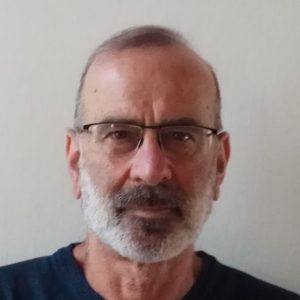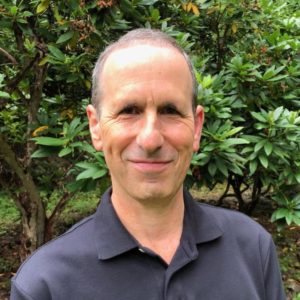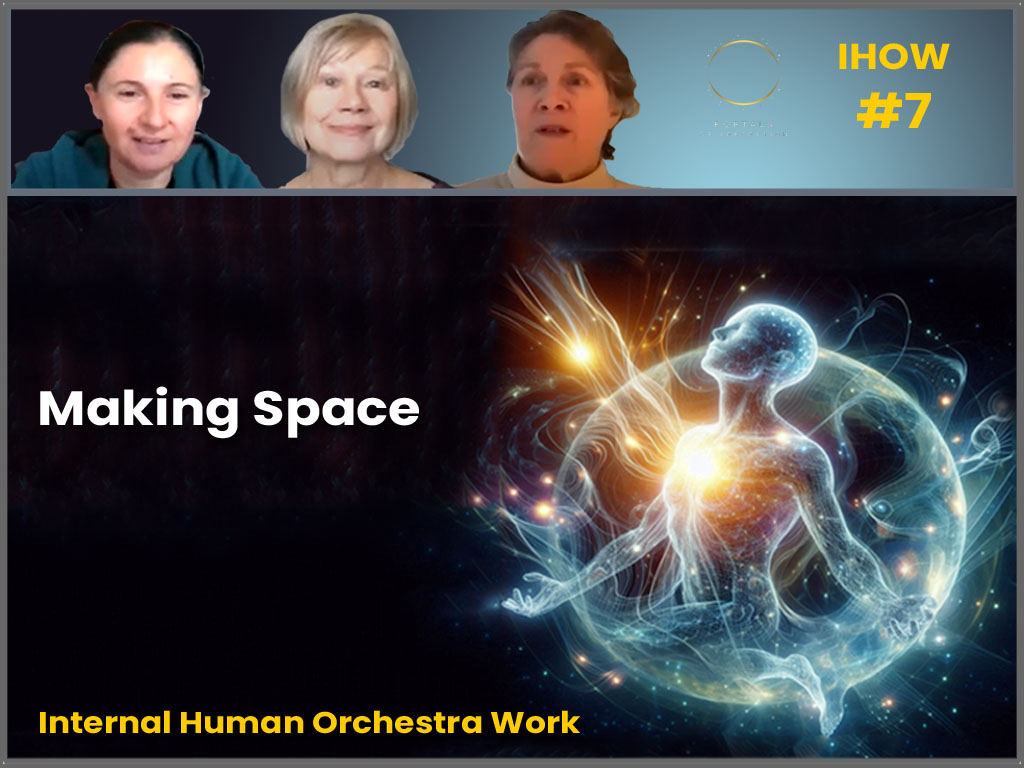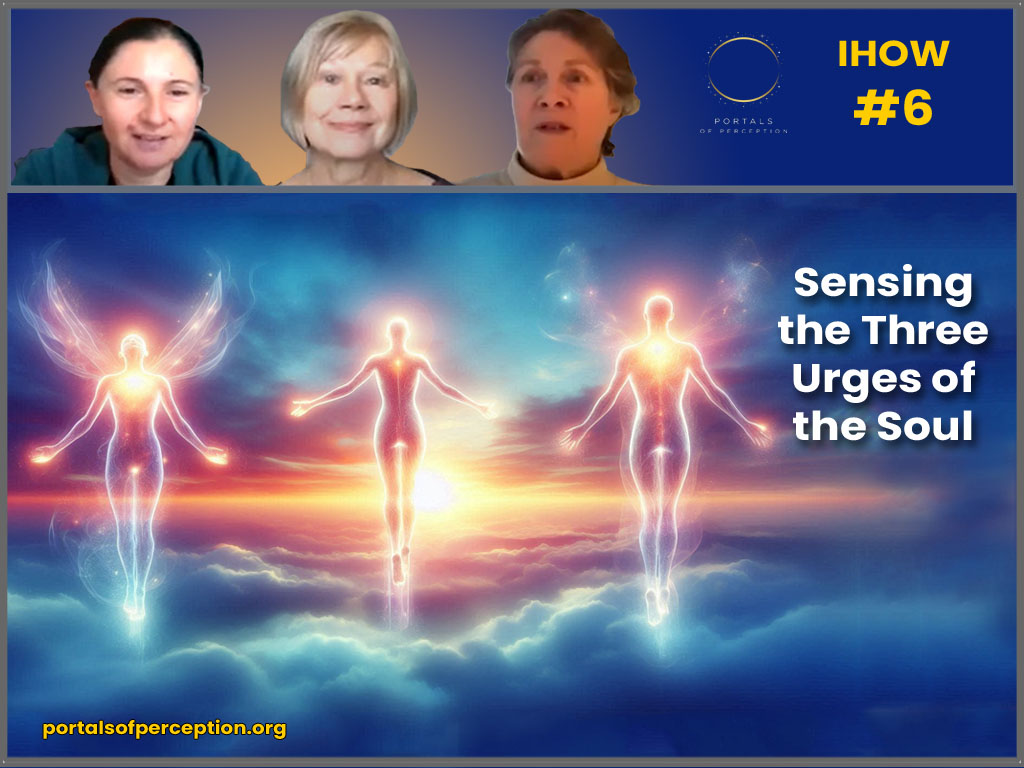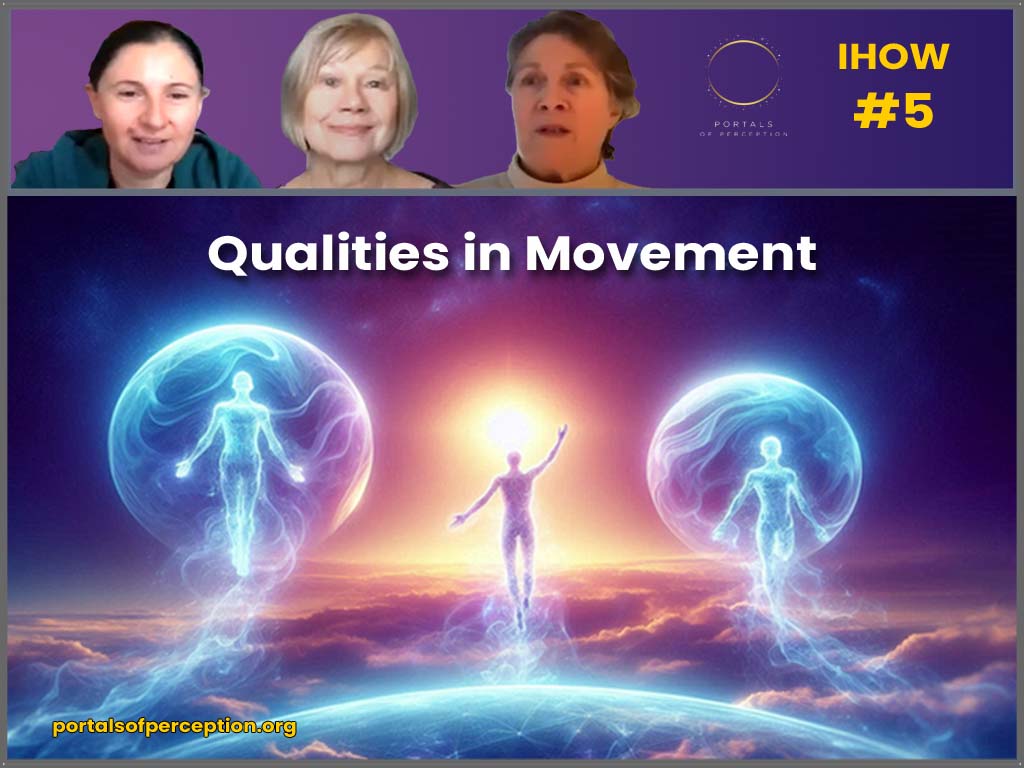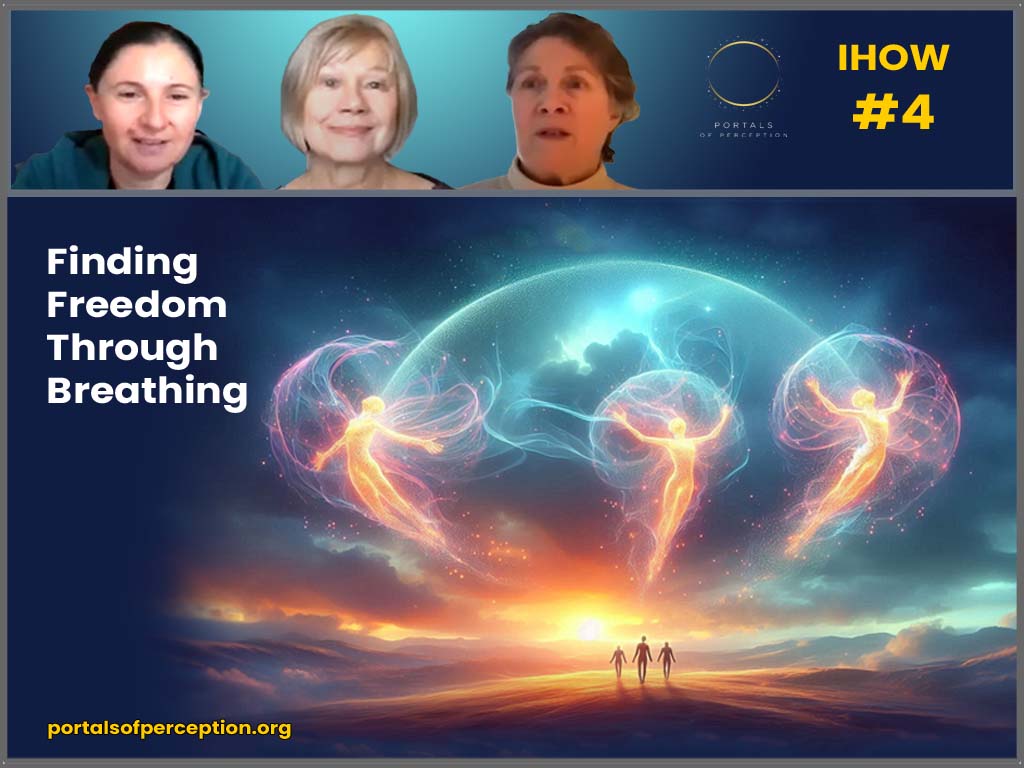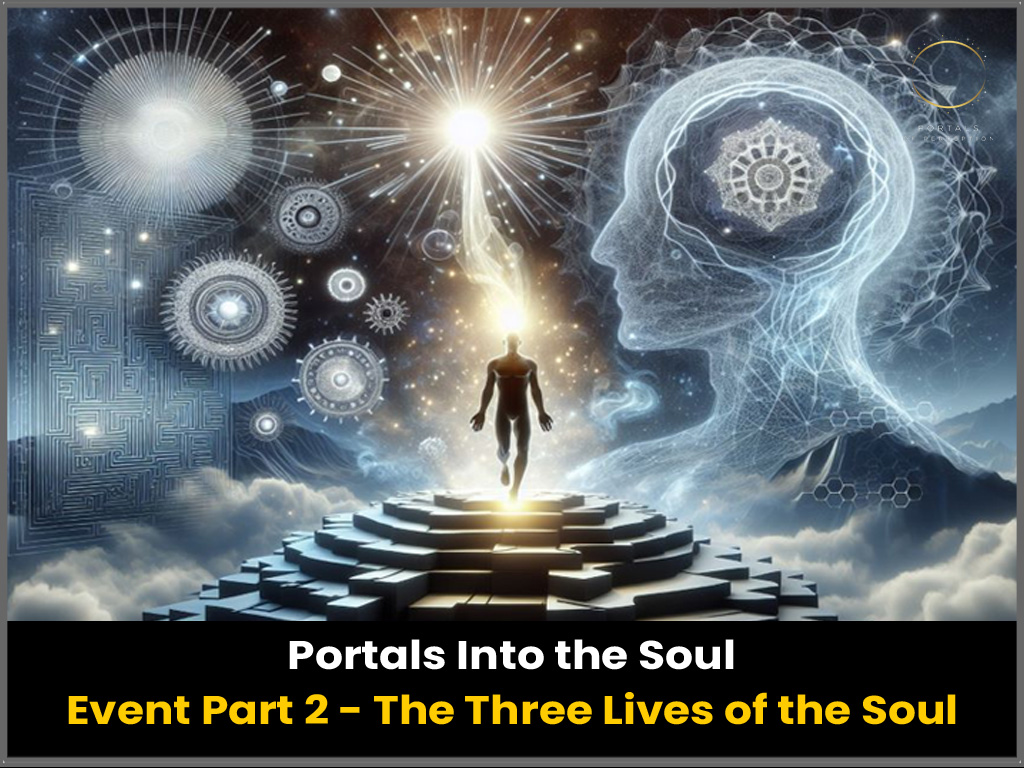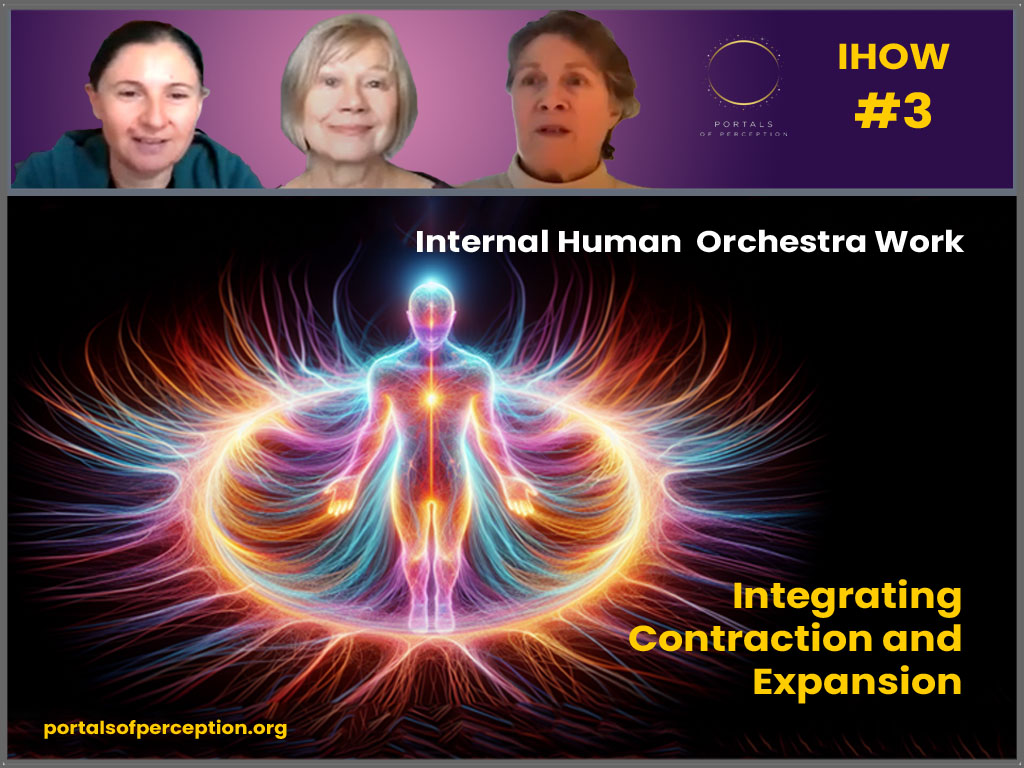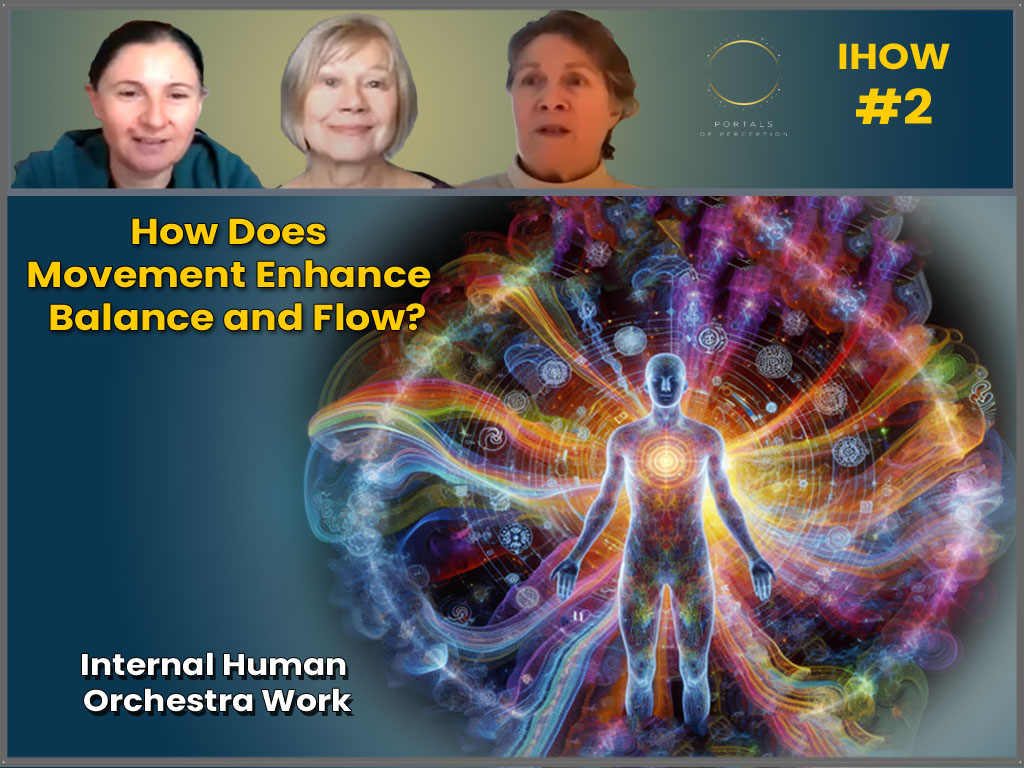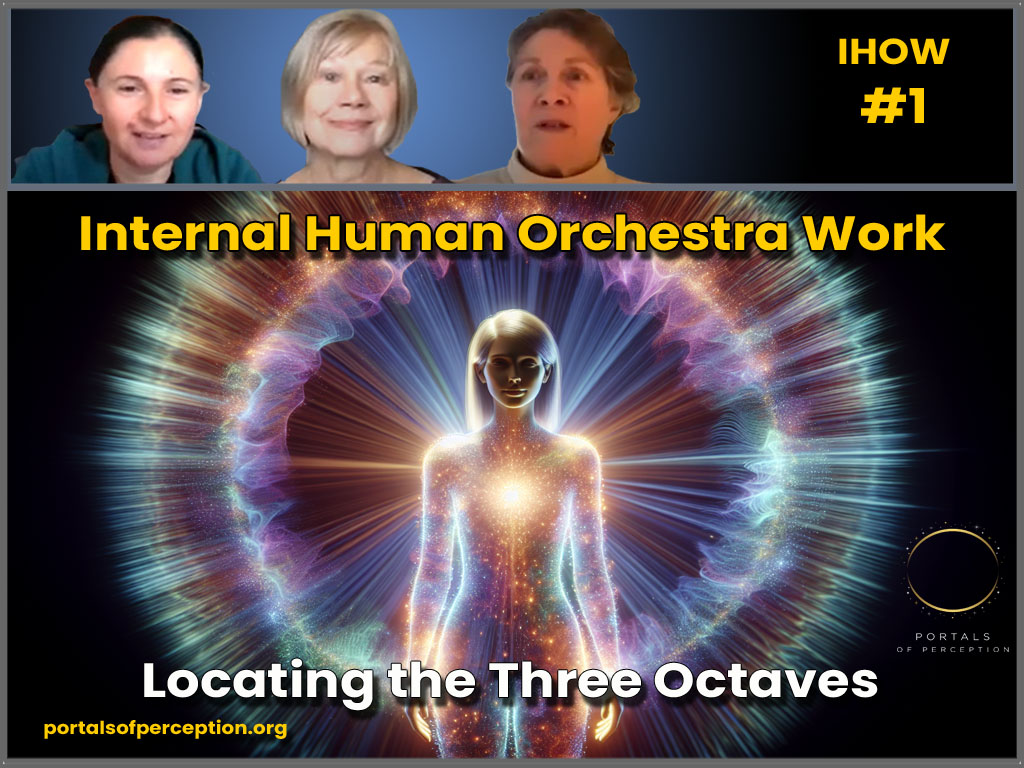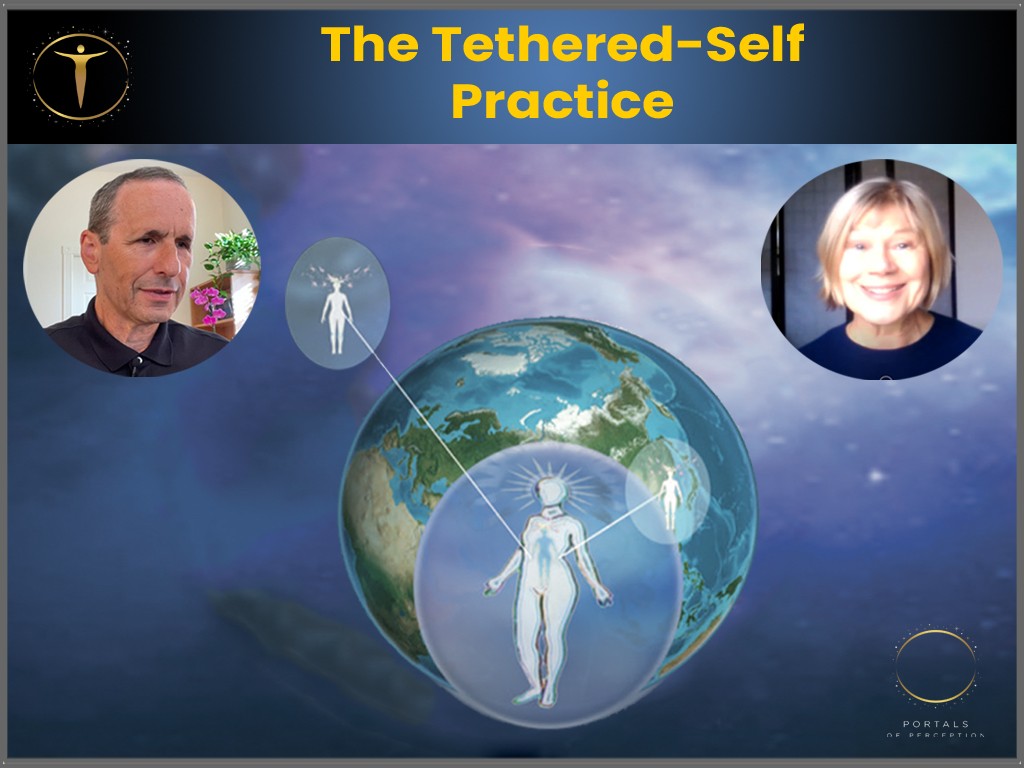It's the idea that we often trace to the scientific revolution, and the separation between spirituality and the economy. This is the disembodied problem.
It's the idea that we can think our way separately to the living embodiment. And partly we're dealing with this problem - and I'm very much accelerating the appreciation of this - in the aftermath of, if you like, 400 years, or 300 years, or 200 years of the scientific, industrial, technological revolution that left us very much in our heads, disenfranchised of the sacred, and the spiritual, and the intuitive and the feeling life. And the idea that we are never meant to be thinking in a way that separates, and is separating, from feelings.
And that explains, in part, the developmental problem, and the

arrested development challenges, because we are arrested in our development. Because of all that, individually and collectively, because of all that we looked at before, and very much because of this problem, for us to develop means to embrace new levels of consciousness and expand who we are becoming as humans.
And those together become part of the evolutionary challenge. And here you can, if you like, add the spiritual dimension. And what we are essentially proposing is that the inquiries that you framed in the beginning, Kyriaki, with asking, what is the prospect for a new operating system that will unleash the potential for people to collaborate across nation, across religion, across genders, and the best of us all? It really is an evolutionary question.
It's very important to nurture conversations, to nurture debates, like here, we are from four different countries, and we are in four different locations, and we speak, and we wonder about these things.

